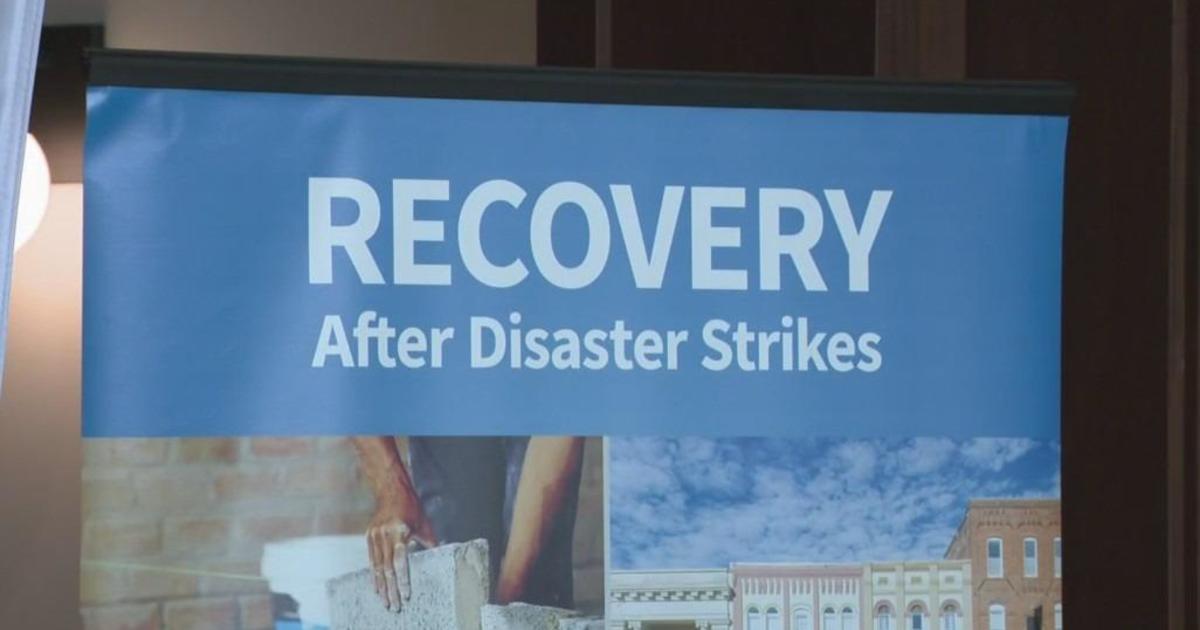Scientists Display Work At Md. Research Festival
By COURTNEY MABEUS
The Frederick News-Post
FREDERICK, Md. (AP) -- Maj. Scotty Long is no historian, but his work sometimes leads him to extract DNA from century-old mosquitoes kept by the Smithsonian Institution.
Long is an epidemiologist with the U.S. Army Medical Service Corps and chief of the Walter Reed Biosystematics Unit -- part of the U.S. Army Medical Research and Materiel Command at Fort Detrick. Mapping parts of a genome from mosquitoes known for transmitting malaria could lead to the development of a hand-held device to help soldiers pinpoint exactly what type of insects they are encountering in the field, Long said.
"It would kind of do this on the spot," Long said, standing in front of a poster displaying his work in a large tent at Fort Detrick on Wednesday. The poster showed a picture of a mosquito on a pin, an example of a database being compiled by Long's team and, in the lower right corner, a BlackBerry device.
Knowing the risk can help the Army prevent illness among its soldiers and also allow it to work with medical professionals to improve public health.
Malaria kills someone every 30 seconds around the world, Long said. So far, his team has mapped DNA in about 425 of 458 mosquitoes that can cause malaria, he said. An additional 3,700 to 3,800 types of mosquitoes and other insects have to be considered, he said.
Long's was one of many posters displayed Wednesday at the 17th annual Spring Research Festival -- a kind of adult science fair, minus the exploding volcanoes and with language not found in a typical textbook.
More than 150 posters are on display during the two-day event, sponsored by the National Interagency Confederation for Biological Research, which continues Thursday. Posters include information about work in genomics, cancer, biodefense, cell biology and other scientific areas.
Along with the researchers, more than 100 vendors offer lab products, equipment and other services, including water purification and diagnostics.
"It's a place to exchange information," Frank Blanchard, spokesman for SAIC-Frederick, the federal contractor that operates the Frederick National Laboratory for Cancer Research, said Wednesday.
The event also gives junior staff, including research fellows, technicians and students, a chance to show their work, said Caree Vander Linden, U.S. Army Medical Research Institute of Infectious Diseases spokeswoman.
Urbana High School senior Cassie Lowell showed off a poster detailing her year of working in the Basic Research Lab within the National Institutes of Health.
She has been researching how mutations from a gene that pumps magnesium into cells -- known as MAGT1 -- increase or decrease a person's chances of becoming infected with the human immunodeficiency virus. The magnesium activates a person's T-cells, which fight off infection.
"If you can't fight anything with a weakened immune system, you're going to get very, very sick," Lowell said.
Lowell plans to attend Harvard University to study bioengineering, she said.
Poster winners will be notified by the end of the month, Blanchard said.
(Copyright 2013 by The Associated Press. All Rights Reserved.)



